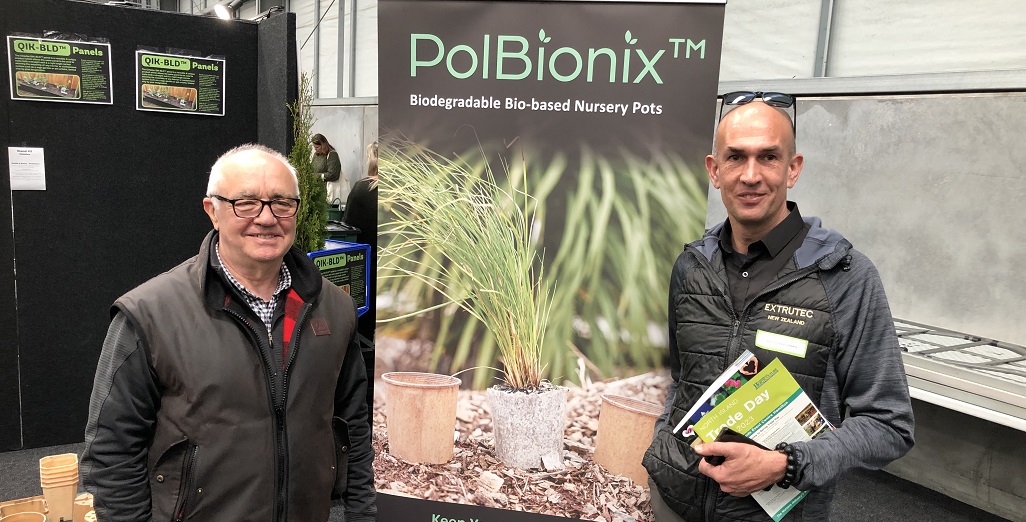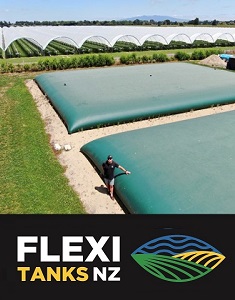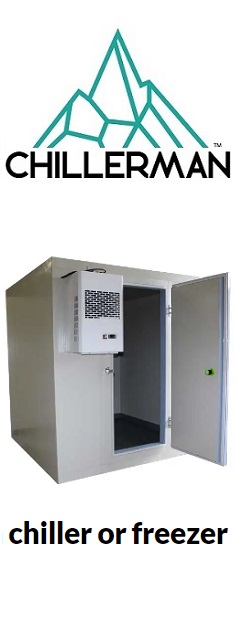Sign up here to subscribe to the Grower2grower Ezine. Every two weeks you will receive new articles, specific to the protected cropping industry, informing you of industry news and events straight to your inbox.
Dec 2018
Compostable – Bio-degradable Twine
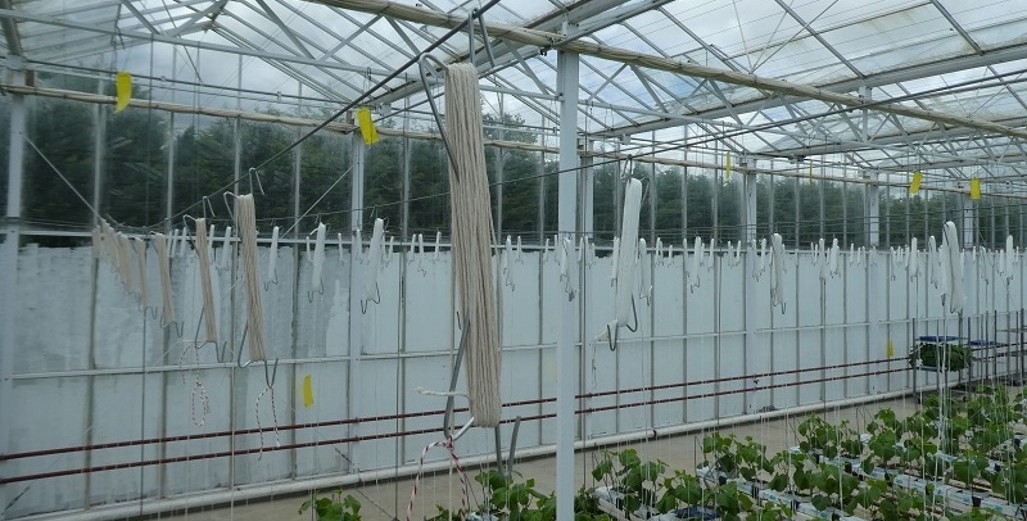
Trial in South Auckland
Earlier this year I came across a company promoting compostable and bio-degradable twine. It is certainly something that I have always been interested in. Synthetic twine has always caused problems for growers, especially when disposing of old crops. However, there has not really been a satisfactory alternative.
12 years ago, whilst in the UK, was the first time I saw and used bio-degradable twine. It seemed to work well without too many issues. It was being used by an organic grower who wanted all of the plant material and string to be composted. The calculated extra expense of removing synthetic twine, when removing old crops, verse purchasing bio-degradable, made it financially viable for that company to purchase bio-degradable twine. It has a very different feel compared to synthetic twine.
I am not 100% sure why growers in NZ have not trailed bio-degradable twine in large quantities before (myself included) but I think the cost has certainly been a consideration. Another reason could be that our UV rays are too strong and break down the product too quickly. I have been told that this new product has UV protection.
THE PRODUCT:
The product being trialled is a blend of natural fibres including plant and Visose fibres (Viscose rayon is a fiber of regenerated cellulose; it is structurally similar to cotton but may be produced from a variety of plants such as soy, bamboo, and sugar cane.). It is 100% compostable and bio-degradable. Two strengths of twine are being used, the first 250N rated for 25 kg and 400N rated for 40kg.
The twine is rated as low elongation and has a UV protection. It is available in 4 colours, either on three sizes of tomato hooks, 14cm 18cm and 22cm. It is also available on 5kg spools, ranging from 5500 meters per spool for the 250N or 3590 meters per spool for the 400N.
Including trailing this biodegradable twine in our harsh climate, there will also be a trial of the new tomsystem. (TomSystem is an innovative plant staking system for greenhouse crops – it ties the plants onto the twine using galvanised metallic staples.) And another advantage is the V46 clip used in the TomSystem is biodegradable.
CONCLUSION:
If there is a saving to be had disposing the product in a green-fill waste landfill (where possibly methane can be extracted as a by-product) it certainly makes sense to be investigating these options. The TomSystem is more about the grower increasing productivity. However, if it does appear to be a win-win situation- helps the environment and potentially increase profitability, it is certainly worth trying.

Tomsystem
I appreciate your comments. Please feel free to comment below or on the grower2grower Facebook page:
https://www.facebook.com/StefanGrower2grower/
Article supplied by Stefan Vogrincic, Consultant, Grower2Grower
CLASSIFIED
Subscribe to our E-Zine
More
From This Category
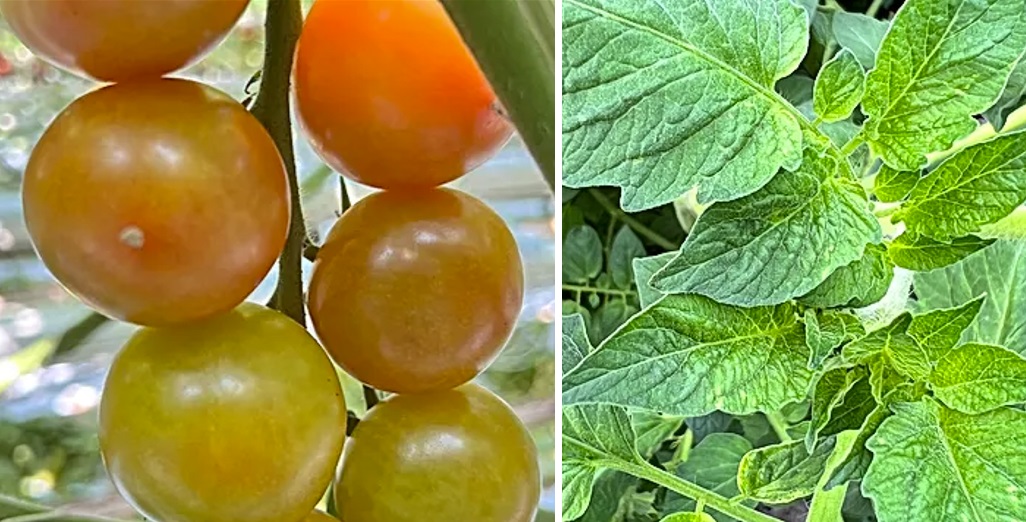
Tomato grower applies Tobre after contamination

Whitepaper elaborates on safe recirculation of irrigation water
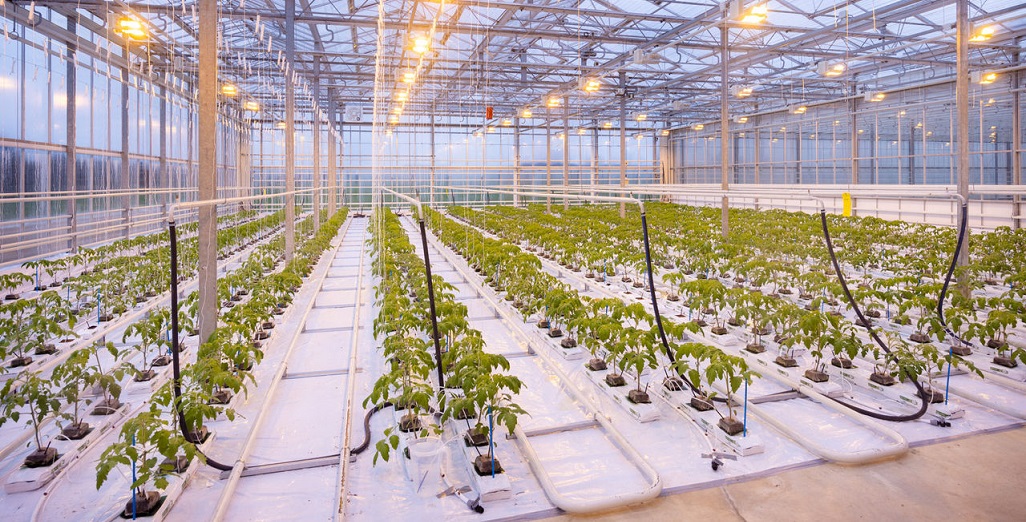
High hygiene standards are crucial to mitigate co-infection
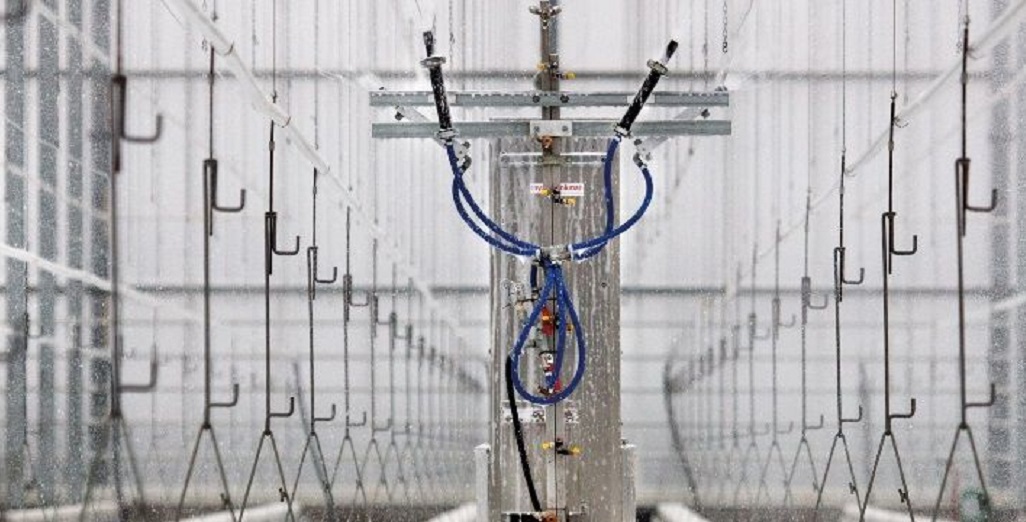
(Best of 2023) Hygiene a Priority in 2023
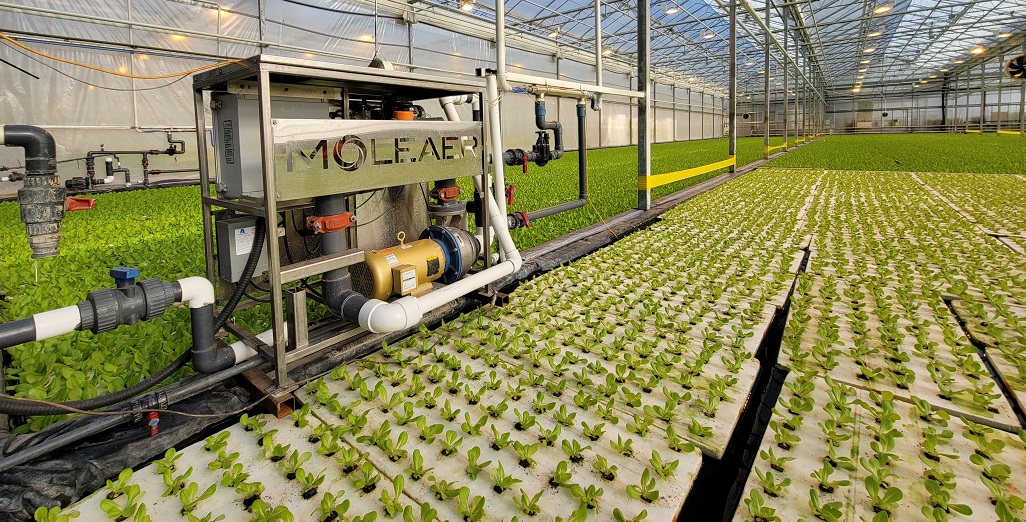
Maximizing Crop Yields with Nanobubbles
